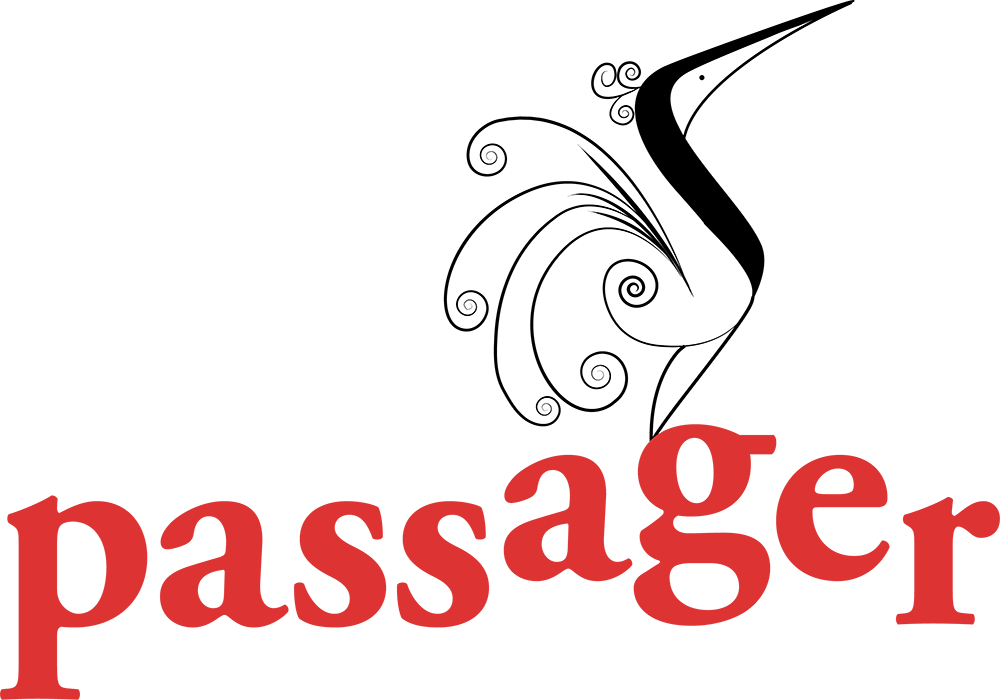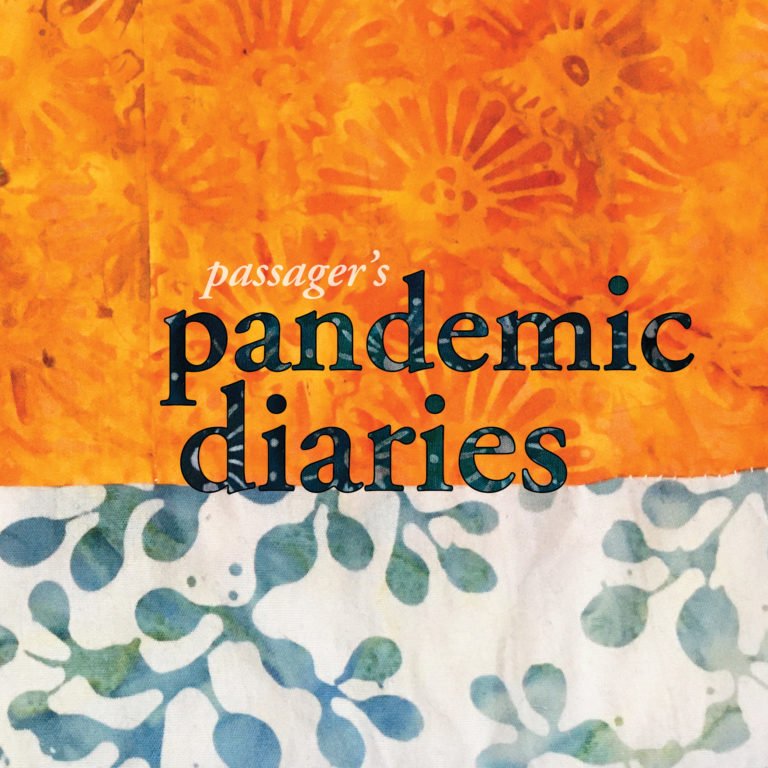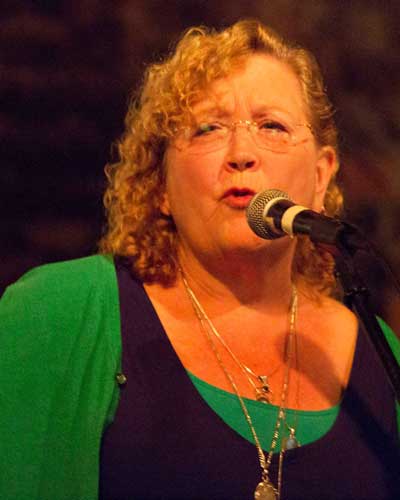The Centenarians



On this 100th episode of Burning Bright, poems by 100-year-olds Jean Connor, Henry Morgenthau III and Sarah Yerkes.
7 minutes
TRANSCRIPT
In case you haven’t been keeping track, this is the 100th episode of Burning Bright! And to commemorate it, poems by three of Passager’s centenarians, Jean Connor, Henry Morgenthau III, and Sarah Yerkes.
Jean Connor started writing poetry after retiring from her career as a librarian. Passager published Jean’s first book when she was 86. It was Passager’s first book, too. But before that, Passager had published three of Jean’s poem in its journal. Here, from Issue 53, is Jean Connor’s poem “A Day in May: Lilacs and Everything Else.”
No frame can hold
the mosaic of this day in May,
a day full, but fragmented,
a day present, but passing.
The robins try, with endless song,
to fill the space that widens
all our hours. They fail.
And the sky tries to summon
a half-spent cloud or two,
to serve as anchors in
this porous sea of blue.
But this day in May is oblivious
to order, was not ordained
for fit. The hours, without
a regimen of watch or clock,
skip jubilant and free.
And here, amidst the lilacs’
dynasty of bloom, I have glimpsed again
the rolling, random
tumbleweed of joy.
Jean Connor’s poem “A Day in May: Lilacs and Everything Else.”
Passager published Henry Morgenthau III’s book A Sunday in Purgatory when Henry was 100. Like Jean, Henry, too, had first published poems in Passager’s journal. Here are two, both about what we carry with us as we age. First “Legacy.”
Use it or lose it is my chronic fear.
Yet in a sturdy mahogany cabinet
on display behind locked glass doors,
I secure Grandma’s fragile Limoge china
and sparkling Waterford cut crystal.
Mother’s jewelry, Grandpa’s solid gold pocket watch
and a set of monogrammed flat silver for eighteen
are stored inconveniently in a bank vault.
Collected works of art, insured at two percent a year,
will be repurchased twice in half a century.
And so, too constipated to gain relief
with gifts to patiently waiting heirs,
I struggle to survive, possessed by my possessions.
Henry Morgenthau’s poem “Legacy.” That was about the objects that weigh us down as we age. This next poem “The Half Open Door” from Passager Issue 61 is about the secrets that weigh us down.
While listening to the moaning
of a ghostly choir of lost lovers,
I try to tell you the truth,
half hoping you didn’t hear me,
as I desperately try to expel
something stuck in my soul
I can’t bear to live with,
but don’t want to die with.
With a furtive sideways glance
I peer through a half open door,
its faded pink paint peeling, to behold
a body gnarled like an old cherry tree.
Exposed shaft at half-mast,
he stands between an iconic David,
beautiful in his awkward adolescent grace,
and a redolent overripe Schiele harlot.
As though in a pas de deux,
he moves as I move.
Is he my partner or my mirror image?
The mirror shatters, the truth will out,
a half truth seen through a door half open.
Henry Morgenthau’s “The Half Open Door.”
Here’s centenarian Sarah Yerkes’ poem “Centenarian’s Lament.”
age brings apathy
sleeping late in the morning
breakfast becomes lunch
frequently undressed
before afternoon nap time
barely make dinner
mental exercise
crossword on the computer
is it waste of time
housework no answer
domestically challenged
only simple chores
project in the works
like developing haiku
stirs the lethargy
double-sided brain
in constant altercation
get up or sit still
bed preparations
or read a little longer
sorry the next day
deafness is a drag
books say it’s isolating
turns out to be true
table attendance
not joining friendly chatter
frustrating for all
new hearing aids help
dining room cacophony
one on one better
meetings can’t take part
movies with subtitles fair
lectures garbled sounds
wobbly and unsure
dislike using a walker
rely on a cane
eyes becoming dim
head worked better formerly
kind friends say not so
the whole world is fraught
our politics depressing
love and sunshine help
Sarah Yerkes’ “Centenarian’s Lament.”
We began this centenary episode of Burning Bright with a poem by Jean Connor about spring. We’ll end with another of her poems, this one about fall. “The Gift.”
You are young. You want bushels
of peonies, heady with fragrance,
arbor after arbor of roses,
bouquets of blue iris, fields
of red poppies, all in profusion,
after Monet. We do not have
them. We never possessed them.
Now our gathering baskets
are empty, except for a few
cosmos, spared from frost.
I’m happy, this late in
the season, to have flowers
to give you. Perhaps the glass
bud vase. The grace of the daisy-like
blossoms, wide white petals whorled
around gold centers; the feathery
foliage, delicate green; — even
three cosmos change a room.
“The Gift” by Jean Connor from 2002, Passager Issue 35, the five senses issue.
To buy Jean Connor’s, Henry Morgenthau’s, or Sarah Yerkes’ books, subscribe to, or learn more about Passager and its commitment to writers over 50, go to passagerbooks.com.
You can download Burning Bright from Spotify, Apple and Google Podcasts, Audible, and a host of other podcast apps.
For Kendra, Mary, Christine, Rosanne, and the rest of the Passager staff, I’m Jon Shorr.



